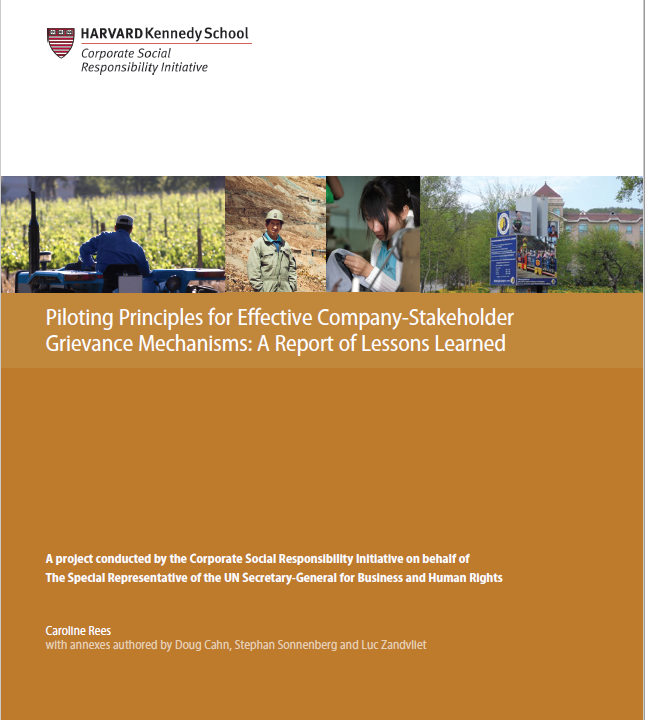All Work, No Pay: The Struggle of Qatar’s Migrant Workers for Justice
PublicationsEver since Qatar was awarded the right to hold the 2022 World Cup, the treatment of around 2 million migrant workers driving the country's economy has been under the spotlight. Burdened by the debt of recruitment fees and bound by Qatar's sponsorshi...Read More

